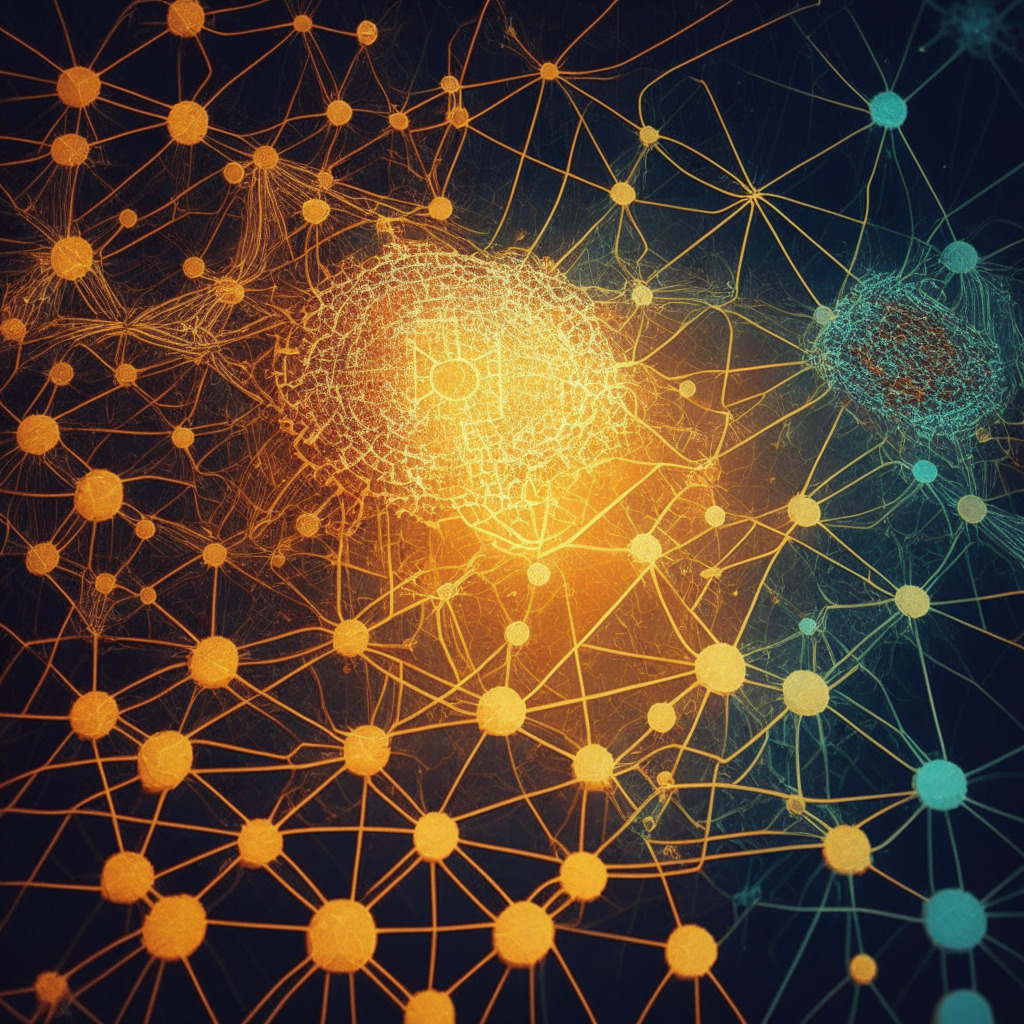The rapid surge in high-level Artificial Intelligence (AI) innovations worldwide has led to riveting maneuvers by global powers. In a fascinating development, a strained dynamic brews between major economies, the US and China, fundamental to the burgeoning AI sector. This tension arouses from ongoing measures by the US to curtail Chinese technological investments.
As part of its strategy to control investments, the US focusses on semiconductors, quantum computing, and AI technologies. However, this move has repercussed beyond the involved nations. It has sparked off a ripple effect in other global arenas, with regulatory bodies in regions like the United Kingdom and the European Union feeling the ramifications.
The US, in its bid to secure national cybersecurity infrastructure, is encouraging the use of AI by hackers to expose potential vulnerabilities. It has extended its regulatory grasp by identifying China, Hong Kong, and Macau as “countries of concern” and has suggested stringent controls over investment in these regions, chiefly around sectors integral to national security technologies. Semiconductors, an essential component in the development of AI and microelectronics, are a particular point of focus.
The resulting friction has impacted the global trade equation, with critics highlighting a potential divergence from market principles. China, for instance, has voiced its objections against the US’s restrictions quite vociferously. It has argued that such a move unfairly politicizes business engagement while stretching security concepts beyond their intended purpose. According to the Chinese Ministry of Foreign Affairs, this broad unilateral move by the US represents “blatant economic coercion and tech bullying” and stands in the way of market economy and fair competition.
In response to the US’s restrictions around AI technologies, China has initiated controls on the export of AI chip-making materials. This tense situation has sent the tech giants of China, like Baidu, ByteDance, Tencent, and Alibaba, into an anticipation-driven flurry, resulting in billion-dollar orders of Nvidia A800 processors, caught fearing even further controls by the US.
The turbulence has spurred conversations in the EU and UK, inciting them to contemplate about the recent American restrictions. Clear indicators of such a global dance around the AI sphere can indeed change the landscape of AI evolution and adoption. However, is this a constructive path towards securing cybersecurity infrastructure or a slippery slope towards unwarranted tech bullying and coercions? One thing is certain: the rules of this AI game are changing, and the world is eager yet skeptical to see where we end up.
Source: Cointelegraph




